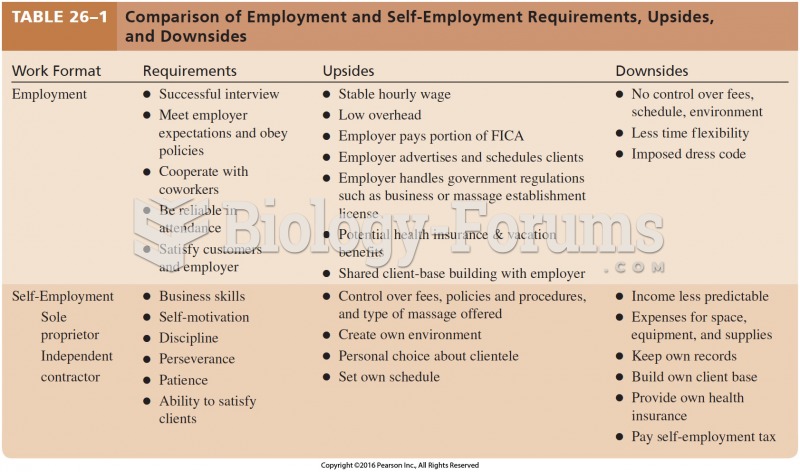Answer to Question 1
Answer: Occasionally, there may be suits involving members of protected groups who claim that the disciplinary action was taken against them because they are members of a protected group. One of the best ways for a company to protect itself against suits claiming discrimination or harassment is to ensure that it has proper, written policies barring unfair treatment of its staff, and a system for ensuring that the policies are followed. Disciplinary actions should be fully documented, and managers should be trained in how to avoid bias claims. Also, although discrimination laws prohibit employers from making employment decisions based on an employee's membership in a protected class, basing decisions solely on performance helps prevent violation of these laws.
Answer to Question 2
Answer: According to the hot stove rule, disciplinary action should have the following consequences, which are analogous to touching a hot stove:
1. Burns immediately. If disciplinary action is to be taken, it must occur immediately so that the individual will understand the reason for it.
2. Provides warning. It is also extremely important to provide advance warning that punishment will follow unacceptable behavior. As individuals move closer to a hot stove, its heat warns them that they will be burned if they touch it; therefore, they have the opportunity to avoid the burn if they so choose.
3. Gives consistent punishment. Disciplinary action should also be consistent in that everyone who performs the same act will be punished accordingly. As with a hot stove, each person who touches it with the same degree of pressure and for the same period of time is burned to the same extent.
4. Burns impersonally. Disciplinary action should be impersonal. The hot stove burns anyone who touches it, without favoritism.
If the circumstances surrounding all disciplinary action were the same, there would be no problem with this approach. However, situations are often quite different, and many variables may be present in each disciplinary action case. Supervisors often find that they cannot be completely consistent and impersonal in taking disciplinary action and they need a certain degree of flexibility.







